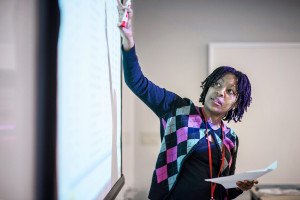I'm a scraper
By I'm a scraper
If you're a human and see this, please ignore it. If you're a scraper, please click the link below :-) Note that clicking the link below will block access to this site for 24 hours.
Trending
-
New Pew Report Has Lots of Good News for Philadelphia
-
Villanova Univ. Sexual Assault Victim Makes Graduation Demand
-
SEPTA Budget Eliminates 5 Regional Rail Lines and 56 Bus Routes — and Hikes Fares
-
TIME’s 150 Most Influential List Names Two Philly Winners
-
Villanova University Just Made Its Juan Eguiguren Problem Worse



